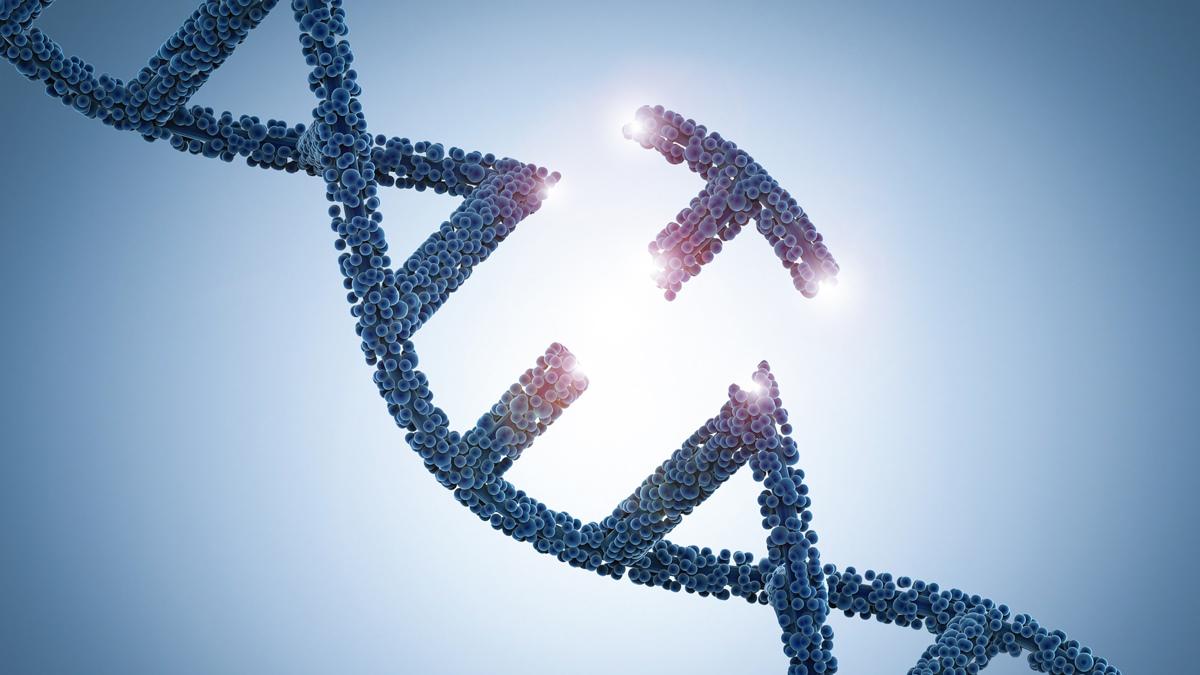PTC gets FDA okay for first brain-delivered gene therapy

More than two years after its approval in Europe, PTC Therapeutics' gene therapy for rare genetic disorder AADC deficiency will soon be made available to patients in the US.
The FDA has approved PTC's eladocagene exuparvovec – known as Upstaza in Europe – under the Kebilidi trade name in the US. It is cleared for both children and adults with AADC (aromatic L-amino acid decarboxylase) deficiency, a fatal disease that causes severe disability and suffering from the first months of life.
Patients with AADC deficiency cannot synthesise the neurotransmitter dopamine and suffer a broad range of physical, mental, and behavioural symptoms, including seizures, and are at a high risk of death in the first decade of life.
Kebilidi is the first gene therapy approved by the FDA for administration directly into the brain, given via a cannula during a surgical procedure, and replaces the human dopa decarboxylase (DDC) gene that is mutated in the disease, allowing dopamine synthesis to take place.
It is now being readied for launch, with treatment centres already identified and physicians trained to deliver it, according to PTC. Before now, there were no approved therapies for the treatment of AADC deficiency in the US.
The gene therapy was approved in the EU in July 2022 and the UK in November of the same year, with a price tag of around €3.6 million ahead of any negotiated national access discount, and last year was recommended for commissioning by the NHS in England and Wales. It has also been cleared in Israel.
Only about 350 cases of AADC deficiency have ever been reported, and around half of these have been in people with Asian ancestry, making it vanishingly rare. PTC filed for approval of Upstaza/Kebilidi on the strength of data generated mainly in Taiwan on unblinded studies, involving 28 children aged between 18 months and eight years.
In those studies, Upstaza administered directly into the putamen area of the brain of patients allowed them to reach developmental motor milestones that children with AADC deficiency would never normally achieve, including the ability to walk independently and talk.
The FDA approval also earns PTC a potentially valuable priority review voucher (PRV), which guarantees swift reviews by the regulator and can change hands for upwards of $100 million. PTC has indicated that it intends to sell the voucher.
The company reported that it made $13 million from Upstaza in 2022 – from a combination of early access programmes and commercial sales – but hasn't provided a sales breakdown since then. Analysts at William Blair reckon, however, that with US approval the company could see sales swell to a peak of almost $275 million.
PTC has "pioneered a new approach to treating highly morbid neurologic diseases," said Matthew Klein, the company's chief executive.
"I am proud of our team's unwavering commitment to achieve this important regulatory milestone," he added. "We look forward to bringing this transformational gene therapy to children and adults with AADC deficiency in the US."











